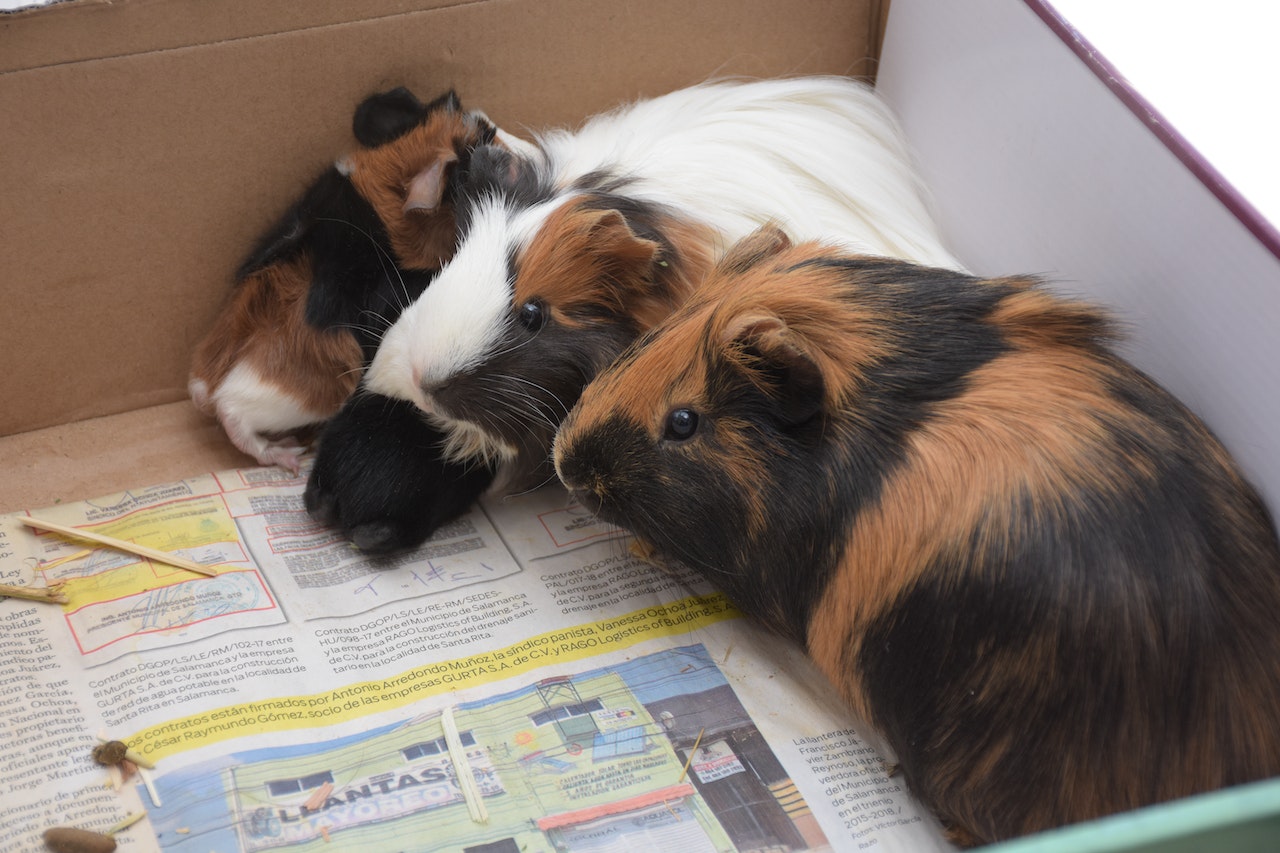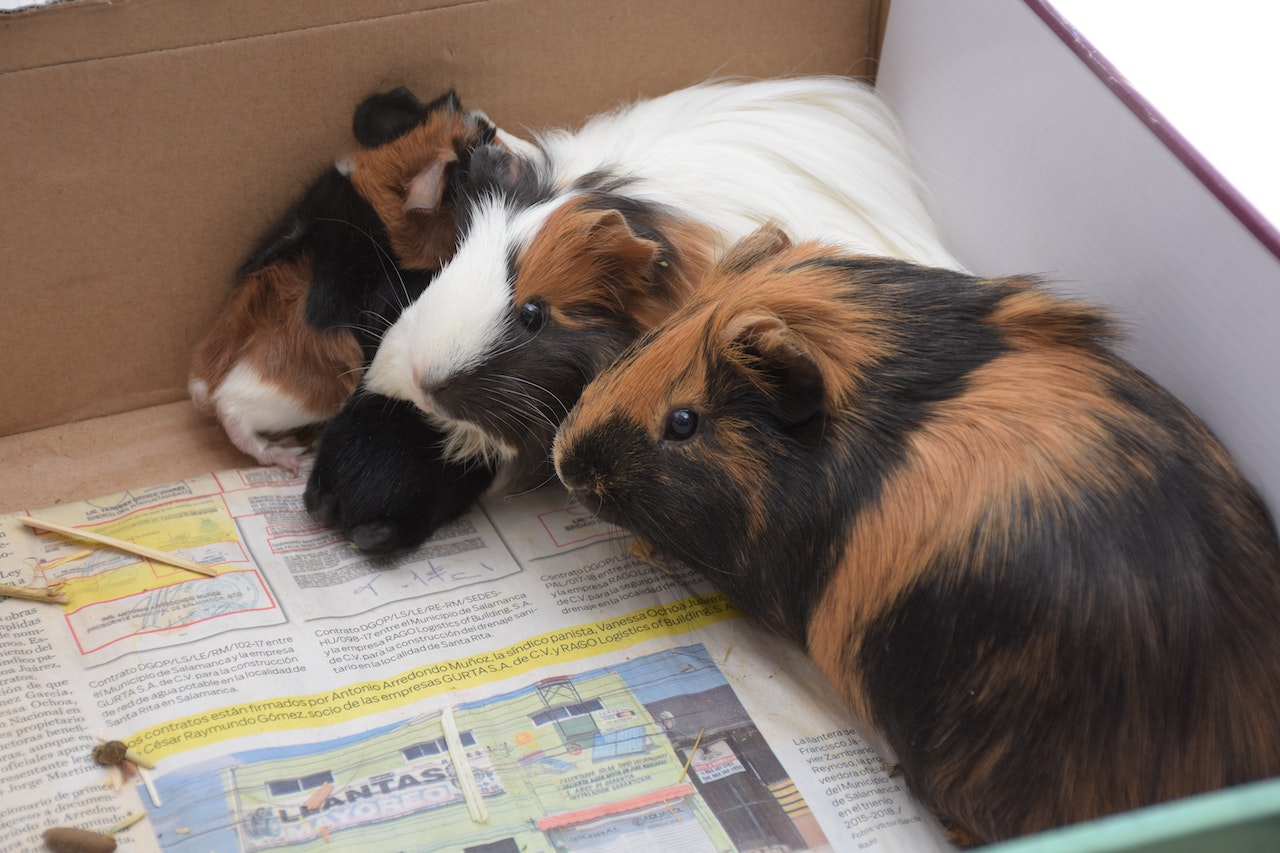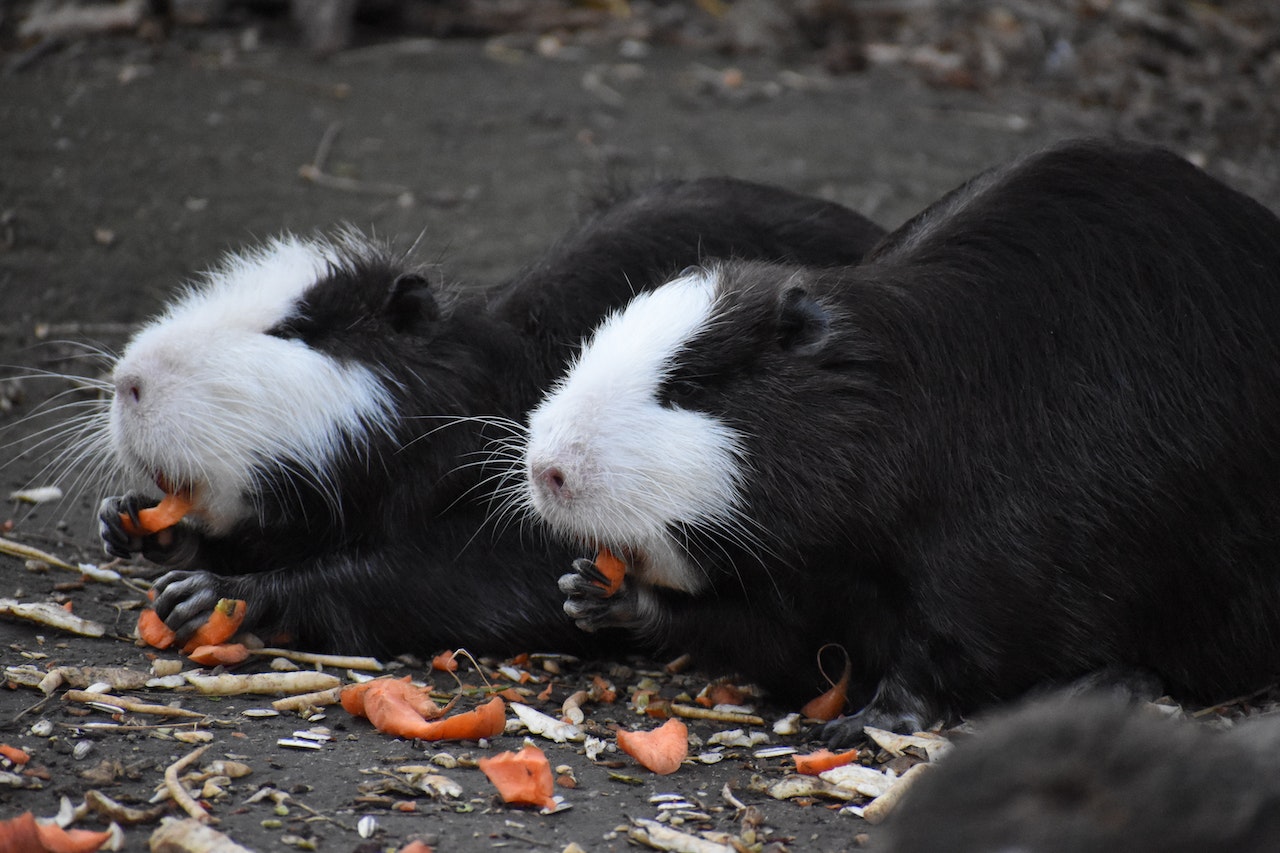
Vegetables are a diverse group of edible plants that are an essential part of a healthy diet. They are low in calories, high in fiber, and packed with vitamins, minerals, and antioxidants that are important for maintaining good health. However, there are many different types of vegetables, including leafy greens, like spinach and kale, cruciferous vegetables like broccoli and cauliflower, roots vegetables like carrots and potatoes, and nightshade vegetables like tomatoes and peppers
However, each type of vegetables offer its own unique set of nutrients and health benefits and in addition to this, vegetables can also be delicious and versatile in the kitchen. They can be eaten raw, cooked, or added to a variety of dishes from salads and soups to stir-fries and stews. Nonetheless, can guinea pigs eat vegetables? What kind of vegetables can your little cavies conveniently consume? What other information should be known about guinea pigs eating vegetables? Continue reading this article to find out
Can guinea pigs eat vegetables?
Yes, guinea pigs can eat vegetables and in fact, they should have a variety of vegetables as a part of their daily diet. Vegetables are a great source of vitamins and minerals for guinea pigs, and they also provide fiber, which is important for their digestive health. Also, it is important to note that not all vegetables are safe for guinea pigs. While some vegetables may be extremely dangerous for your pets when consumed (onions and garlic), some are required to be fed in moderation (kale and spinach) because of the high amount of calcium and oxalate content present in them. This is why it is important to slowly introduce new vegetables to your pets, as guinea pigs may be sensitive to changes in their diet or changes in the composition of their diet.

What is the correct serving size for feeding vegetables to guinea pigs
The correct serving size for feeding vegetables to guinea pigs is approximately 1 cup of fresh vegetables per day for every 2 pounds of body weight. Remember, guinea pigs require a diet that is high in fiber and vitamin C, and feeding them a variety of fresh vegetables can help ensure that they are getting the nutrients they need.
However, it is important to introduce new vegetables gradually to your guinea pigs' diet and to ensure that they are washed thoroughly before feeding them. Additionally, avoid feeding your guinea pigs vegetables that are high in oxalic acid, such as parsley and spinach in excess amounts, as it can interfererere with calcium absorption.
What are the health benefits of feeding vegetables to guinea pigs?
There are a lot of health benefits attached to guinea pigs eating vegetables, but still, it is important to remember that while vegetables are an important part of their diet, they should not be the only food they are offered. Guinea pig also requires high-quality hay and a small number of pellets as parts of their daily diet. In the meantime, these are some of the benefits vegetables will offer your little cavies;
Provides essential nutrients
Vegetables are an important source of vitamins, minerals, and fibers that are essential for guinea pigs' overall health. For example, guinea pigs require vitamin C in their diet, and many vegetables, such as bell pepper and kale are excellent sources of this nutrient.
Helps maintain a healthy weight
Vegetables are low in calories and high in fiber, which can help guinea pigs to feel full and thereby preventing them from overeating. This can help them maintain a healthy weight and prevent obesity-related health problems.
Supports digestive health
The fiber in vegetables helps support healthy digestion and can prevent digestive problems such as diarrhoeaa or constipation. Additionally, some vegetables, such as kale and spinach, contain probiotics that can help promote a healthy gut microbiome.
Promotes dental health
Guinea pigs' teeth continuously grow throughout their lives, and eating fibrous vegetables can help wear down their teeth and prevent overgrowth. This can help prevent dental problems such as abscesses and tooth root elongation.
Supports immune functions
Many vegetables contain antioxidants and other immune-boosting nutrients that can help support a guinea pig's immune system and prevent illness. For example, vitamin C is an important nutrient for immune function and can help prevent scurvy, a common health problem in guinea pigs.
What are the suitable vegetables required by guinea pigs?
Several vegetables are suitable for guinea pigs to eat. Here are some examples;
- Bell peppers (all colors): bell peppers are an excellent source of vitamin C and other nutrients that are essential for guinea pigs' health
- Carrots (including the tops): They are high in fiber and vitamin A, which is important for maintaining healthy vision and skin
- Cucumbers: They are low in calories, and high in water, which can help keep guinea pigs hydrated.
- Kale: It is a nutrient-dense leafy green that is high in vitamin C and other important nutrients.
- Romaine lettuce: They are also a good source of fiber and vitamin C, and it is a low-calorie option for guinea pigs.
- Spinach: Spinach is a leafy green that is high in fiber, iron, and other essential nutrients.
- Tomatoes (with the stem and leaves removed): They are a good source of vitamin C and other nutrients, but they should be fed in moderation due to their high acidity.
- Zucchini: It is a low-calorie vegetable that is high in fiber and water, making it a good option for guinea pigs.
Nevertheless, not all vegetables are suitable for guinea pigs, some can be harmful. For example, vegetables high in oxalic acid like spinach and parsley should be fed in moderation, as they can interfere with calcium absorption. Additionally, starchy vegetables such as potatoes and sweet potatoes should be avoided as they can cause digestive problems.
Conclusion
Guinea pigs can eat vegetables, you should know that vegetables are some of their important diet alongside hay and a little amount of pellets. However, not all vegetables are safe for your guinea pigs, this is because of the high amount of acidity and calcium content in them. This article has explained some of the important information you need to know about guinea pigs eating a vegetable.



